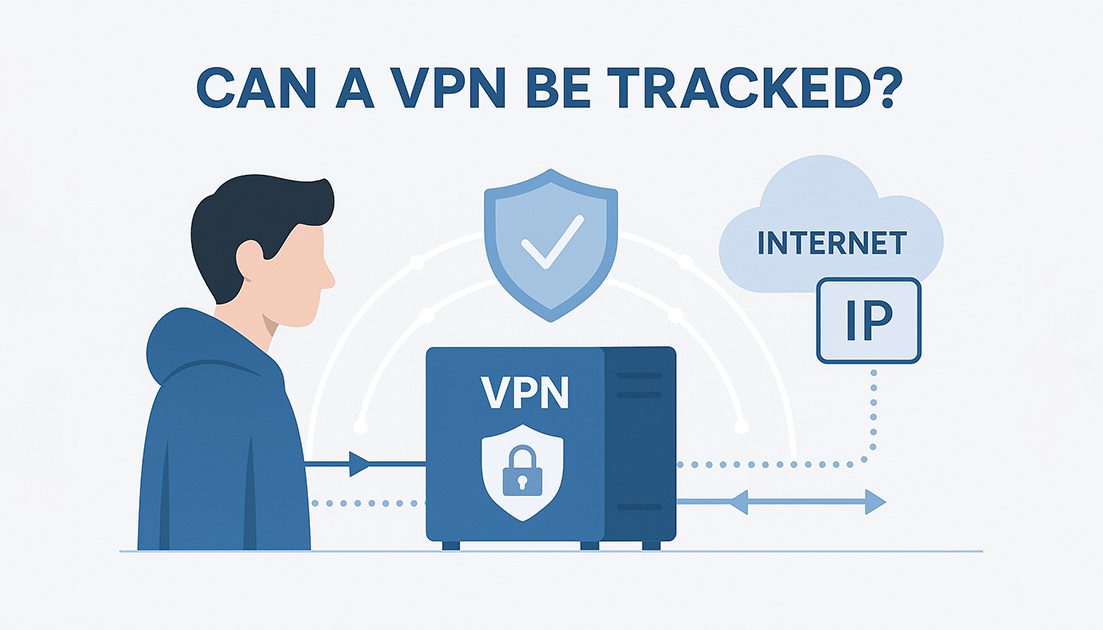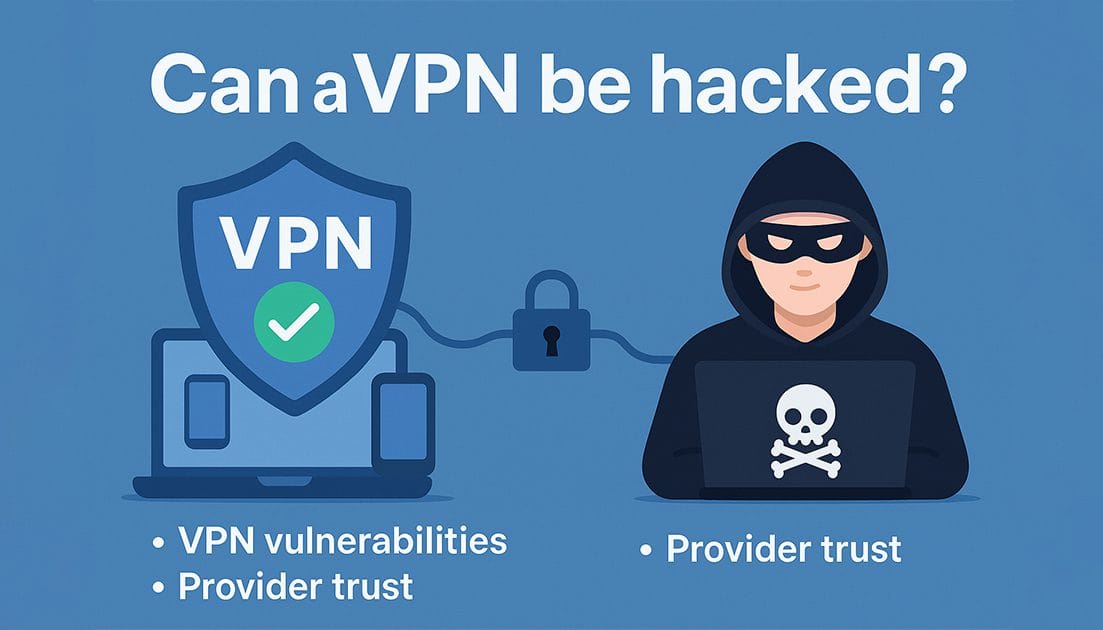Did you know a VPN can hide your real IP address? It makes it seem like you’re logging in from somewhere else. For example, you could be in Belgium but look like you’re in the UK. This makes me wonder: will a VPN really hide my location?
I value online privacy a lot. So, I’m always curious about how well VPNs work for keeping my location private. In this article, I’ll dive into how VPNs function and their benefits. We’ll focus on their role in anonymous browsing.
Key Takeaways
- VPNs can successfully mask your actual location by changing your IP address.
- While public VPNs are easy to use, they may not always guarantee complete security.
- Private VPNs offer enhanced privacy options that can be undetectable by certain IT departments.
- Setting up a VPN can be budget-friendly, with subscription prices starting as low as $3.99 per month.
- Many popular VPN apps collect user data, which can affect your online privacy.
- Travel routers enhance the VPN experience by allowing multiple devices to connect with one VPN connection.
- The effectiveness of a VPN can be influenced by local internet speed and stability.
Understanding VPNs and Their Purpose
Exploring Virtual Private Networks (VPNs) is key to understanding their role in online security. A VPN creates a secure link between your device and a remote server. It encrypts your internet traffic, making your browsing safer.
What is a VPN?
A VPN acts as a shield for internet users. It builds a secure tunnel for data, protecting sensitive info from unwanted access. For example, 39% of users know public Wi-Fi is risky but use it for banking or shopping. A VPN encrypts your online actions and hides your IP address, making it tough for sites to track you.
This tech is essential for keeping your online identity private. It’s vital for those who value their anonymity online.
Benefits of Using VPN
VPNs offer more than just security. They boost internet privacy by encrypting data and blocking online trackers. This encryption also hides your search history, reducing the risk of being profiled. Plus, a VPN guards against cyber threats like man-in-the-middle attacks, keeping your data safe.
For those doing sensitive online tasks, a VPN gives peace of mind. It makes your internet experience more secure.
VPN for Location Privacy
VPNs are great for keeping your location private. They make it hard for others, like ISPs, to see where you’ve been online. While ISPs can tell when you’re online, a VPN hides the details of your activities.
This is super useful for those who want to keep their online whereabouts private. It lets you surf the web without worrying about being tracked.
How VPNs Conceal Your Location
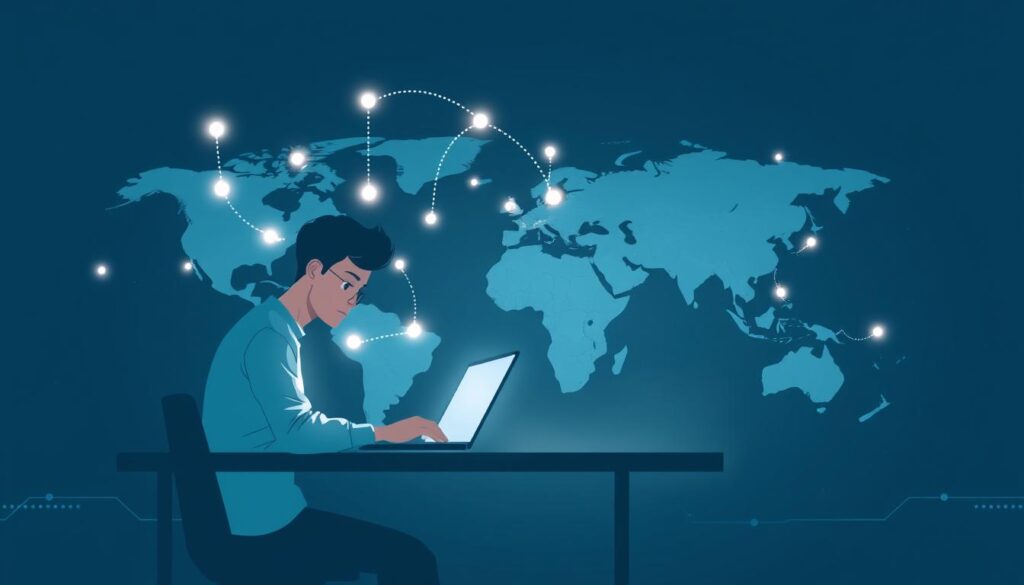
VPNs hide your location using key techniques. They use IP address masking and VPN geo-spoofing to make it seem like you’re somewhere else. But, it’s important to know how they really work to keep your location private.
VPN Location Masking Techniques
Several methods are used for VPN location masking:
- IP Address Masking: This method changes your IP address to the VPN server’s, hiding your location.
- VPN Geo-Spoofing: It lets you access content from different places by hiding your location. This is useful for watching Netflix shows from other countries.
- Encryption: VPNs encrypt your online activity. This makes it hard for ISPs and others to see what you’re doing online.
How VPNs Work to Secure Your Location
VPNs are great at hiding your location, but they can’t change your GPS. So, while your IP address is hidden, your GPS location is not. Apps like Tinder can show your real location, even with a VPN.
Some VPNs, like Surfshark, can change your GPS on Android devices. But, apps and websites can track you through logged-in accounts, even with a VPN.
Also, cookies and browser fingerprinting can track you. A VPN can hide your browsing history from ISPs, but they can see the VPN IP address you’re using. It’s important to pick a VPN that values privacy.
| VPN Provider | IP Address Masking | GPS Spoofing | Encryption Method |
|---|---|---|---|
| VeePN | Yes | No | AES-256 |
| Surfshark | Yes | Yes (Android only) | AES-256 |
| ExpressVPN | Yes | No | AES-256 |
Knowing how VPNs work and their limits helps you use them wisely. It’s also important to be aware of other ways you can be tracked.
Will VPN Hide My Location Effectively?
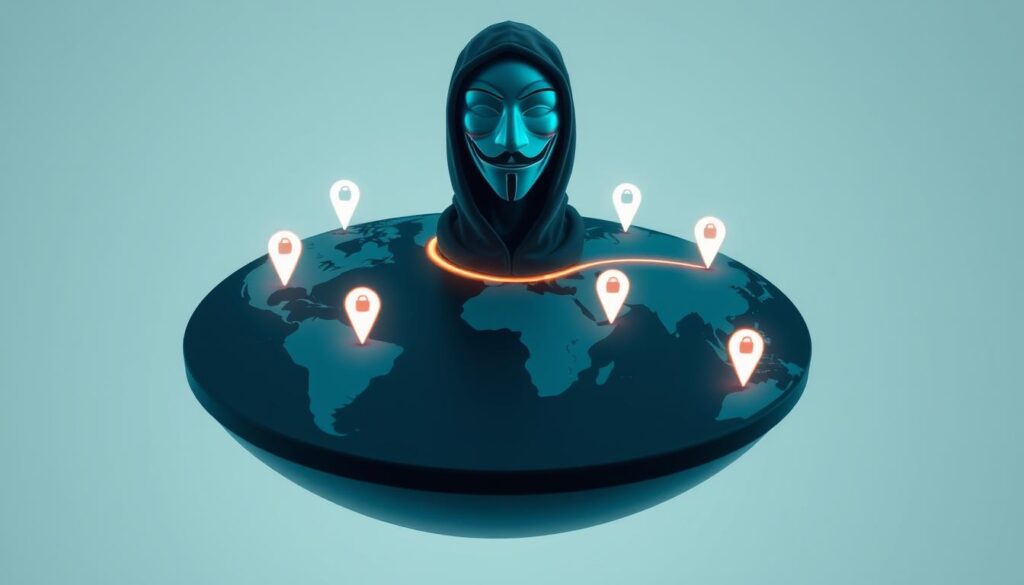
will vpn hide my location? Using a VPN helps keep my location private online. It hides my IP address, which shows where I am. But, it’s not perfect for keeping me completely anonymous online.
Analysis of VPN Effectiveness
VPNs encrypt my internet traffic. This makes it hard for ISPs and others to track what I’m doing online. Websites can’t usually find out where I am or where I’ve been when I’m using a VPN.
This encryption helps keep my online activities private from advertisers and data collectors. But, my ISP might know I’m using a VPN. They can see how much data I’m using, even if they don’t know where I’m going.
Limitations of VPNs and Location Privacy
VPNs have some big limitations when it comes to internet security. They can hide what I download, but my ISP can see how much data I’m using. Private browsing modes don’t help much, as my ISP can track my activities even without a VPN.
Tracking cookies and digital fingerprinting can also follow me around. This means websites can tell which services I’m using. Some VPNs offer extra features like a Kill Switch or DNS leak protection. But, no VPN can promise complete anonymity, which is a big problem when it comes to personal accounts.
Even though VPNs aim to hide my location, it’s important to understand their limits. Knowing the good and bad about VPNs helps me stay safe online. You can learn more about their strengths and weaknesses in this analysis.
The Role of ISPs in Tracking and VPNs
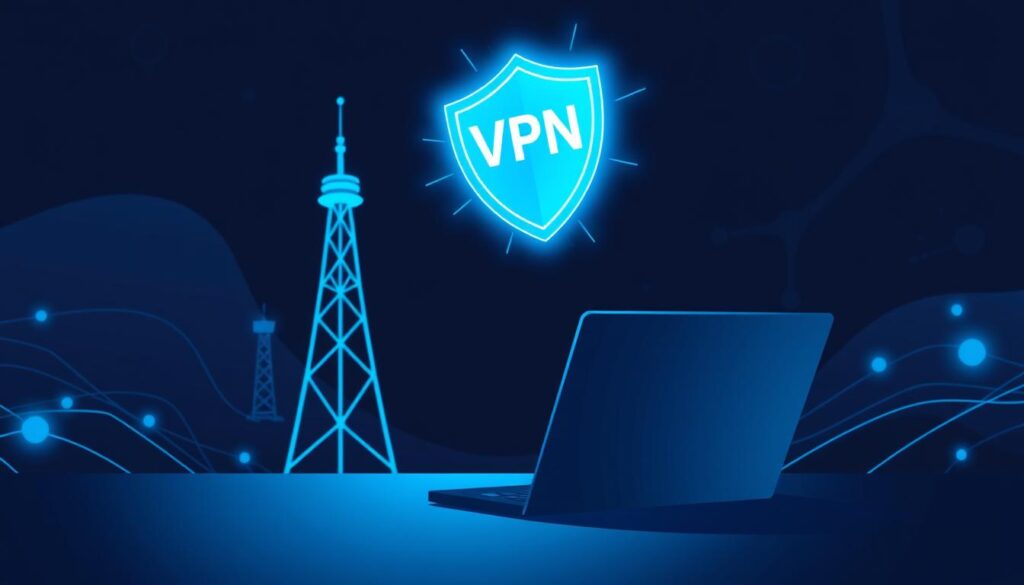
Internet Service Providers (ISPs) and Virtual Private Networks (VPNs) have a complex relationship. Knowing what your ISP sees when you use a VPN is key for online privacy. VPNs encrypt your data, but ISPs can see some connection details. This might affect your decision to use a VPN.
What Does Your ISP See When Using a VPN?
When you’re on a VPN, your ISP sees a few things:
- The IP address of the VPN server you’re connected to
- Connection timestamps, showing when you connect and disconnect
- Total data sent during the connection
- Bandwidth usage patterns (but not what you’re doing online)
Even though my online activities are hidden, my ISP knows I’m using a VPN. They can’t see my browsing history or website visits. Reputable VPNs encrypt your data well, keeping your online activities private.
Can ISPs Track VPN Connections?
Yes, ISPs can track VPN connections, but they can’t see what you’re doing online. They can spot encrypted traffic from a VPN. They might use Deep Packet Inspection (DPI) to check traffic patterns without seeing the data’s content. In some places, governments require ISPs to monitor user activity, making them more interested in VPN use.
About 70% of internet users use VPNs for privacy. ISPs can’t track what you’re doing online with a VPN. But, they can make a general profile based on your VPN usage. Some ISPs might block VPN traffic, depending on local internet laws.
| Data Visible to ISPs | Without VPN | With VPN |
|---|---|---|
| Websites Visited | 100% visible | Not visible |
| Browsing History | 100% visible | Not visible |
| Connection Duration | Visible | Visible |
| Total Data Transferred | Visible | Visible |
| IP Address of Websites | Visible | Not visible |
In summary, ISPs can monitor VPN connections to some extent. But, using a VPN is a good way to protect your online privacy. For more information, check out this article on ISP tracking and VPNs.
Choosing the Right VPN for Location Anonymity
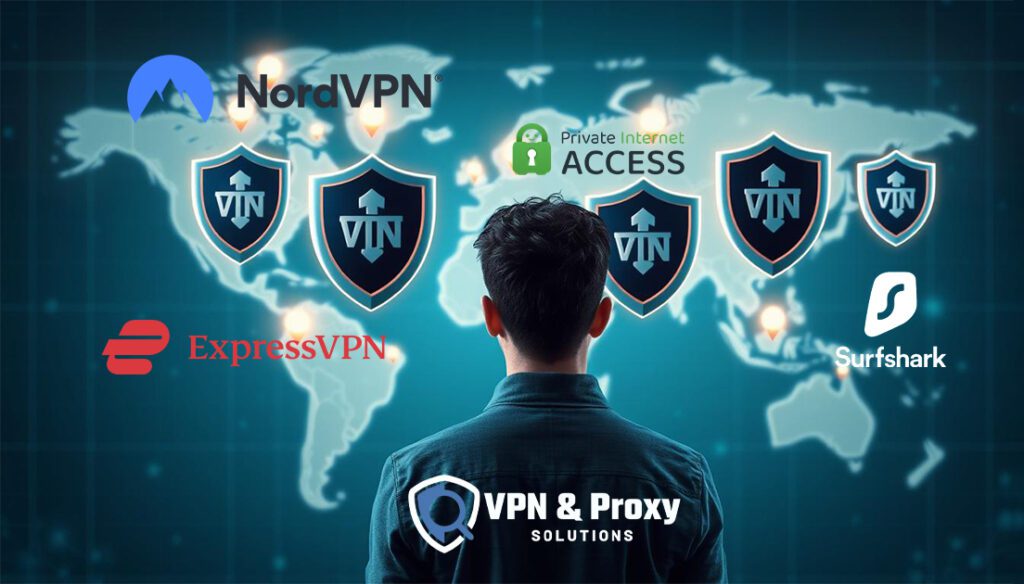
In my search for the best secure VPN for hiding location, I found that picking a good service needs careful thought. With more people using VPNs, knowing what to look for is key. This ensures your online privacy and security.
Features to Look For in a VPN
Strong encryption is essential when choosing a VPN. Look for 256-bit AES encryption to protect your data. Also, a no-log policy keeps your online activities private. A reliable kill switch stops data leaks if the VPN connection drops.
Being able to use the VPN on different devices is also important. This lets you stay secure on various platforms.
Top VPN Providers for Hiding Location
Many top VPN providers are dedicated to VPN location security. For example, ExpressVPN has thousands of servers worldwide. It also has a Smart Location feature for finding the best server.
NordVPN has over 7,159 servers in 118 countries. It offers strong encryption and good prices. Surfshark is also great, with unlimited device connections and features like CleanWeb to block ads and malware.
| VPN Provider | Server Count | Pricing Starting At | Security Score |
|---|---|---|---|
| NordVPN | 7,159 | $3.39/month | 9.7/10 |
| Surfshark | 3,200+ | $2.19/month | 9.5/10 |
| Private Internet Access | Thousands in 91 countries | $11.95/month | 9.4/10 |
By looking at these top VPN providers, I’ve made better choices. This has improved my secure browsing with VPN and kept my location private. Choosing the right VPN is key to accessing content freely and protecting your data.
Conclusion
In this article, I’ve talked about how a VPN keeps your location private. It makes your online activities secret. With a VPN, like AstrillVPN, your data is safe because it uses AES-256 encryption and doesn’t keep logs.
A good VPN also hides your browsing history from your ISP. But, it’s important to know that a VPN alone can’t make you completely invisible. To stay safe, I should use other security steps too.
Using a VPN does more than just keep you safe; it also lets you access content from all over the world. It keeps your personal info safe from harm. So, learning how to use VPNs well is key to staying safe online.
FAQ
Will a VPN hide my location effectively?
Yes, a VPN can hide your location well. It masks your IP address and encrypts your internet traffic. This makes it hard for others to find where you are.
What is a VPN?
A VPN, or Virtual Private Network, encrypts your internet traffic. It routes it through a secure server. This gives you online privacy and hides your location.
How does a VPN hide my location?
A VPN hides your real IP address with one from another server. This makes it seem like you’re somewhere else.
Do VPNs have limitations when hiding my location?
VPNs are very protective, but not perfect. ISPs can tell you’re using a VPN. But they can’t see what you’re browsing.
Can ISPs track my connection to a VPN?
Yes, ISPs can see you’re using a VPN. But they can’t see the details of your browsing because of the VPN’s encryption.
What features should I look for in a good VPN?
Look for strong encryption, a no-log policy, and a reliable kill switch. Also, check user reviews for privacy protection.
Which are some top VPN providers for location anonymity?
Top VPN providers for location anonymity include NordVPN, ExpressVPN, and CyberGhost. They are known for their commitment to privacy.
Source Links
- https://www.indietraveller.co/best-travel-vpn/
- https://themarkup.org/the-breakdown/2021/08/12/how-private-is-my-vpn
- https://www.mcafee.com/learn/what-is-a-vpn-and-can-it-hide-my-ip-address/
- https://usa.kaspersky.com/resource-center/definitions/what-is-a-vpn?srsltid=AfmBOopdU-GmDo-tKzhkO_aCi93Pga28BSXUgykuhqj7qupzHq7nj-S3
- https://www.allthingssecured.com/
- https://veepn.com/blog/what-does-a-vpn-hide/
- https://nordvpn.com/blog/what-does-a-vpn-hide/
- https://us.norton.com/blog/privacy/what-does-a-vpn-hide
- https://surfshark.com/blog/can-isp-see-vpn
- https://circleid.com/guides/can-isp-see-vpn
- https://protonvpn.com/blog/can-be-tracked-using-vpn?srsltid=AfmBOoo9dHZsCndMwWkFsAZNps7iZkzSGewReiMmMtWKzLpOyo_a2EL1
- https://www.expressvpn.com/support/knowledge-hub/server-locations/?srsltid=AfmBOooESbYk3wlBsarQOgytm-SZ1gFKPtNqKl3FNbuf-2RXYlhqhGma
- https://www.pcmag.com/how-to/what-is-a-vpn-and-why-you-need-one
- https://www.security.org/vpn/best/
- https://www.astrill.com/blog/what-does-vpn-hide/
- https://ukita.co.uk/can-a-vpn-change-your-location/
- https://lightningxvpn.com/blog/en/does-a-vpn-hide-your-ip/

